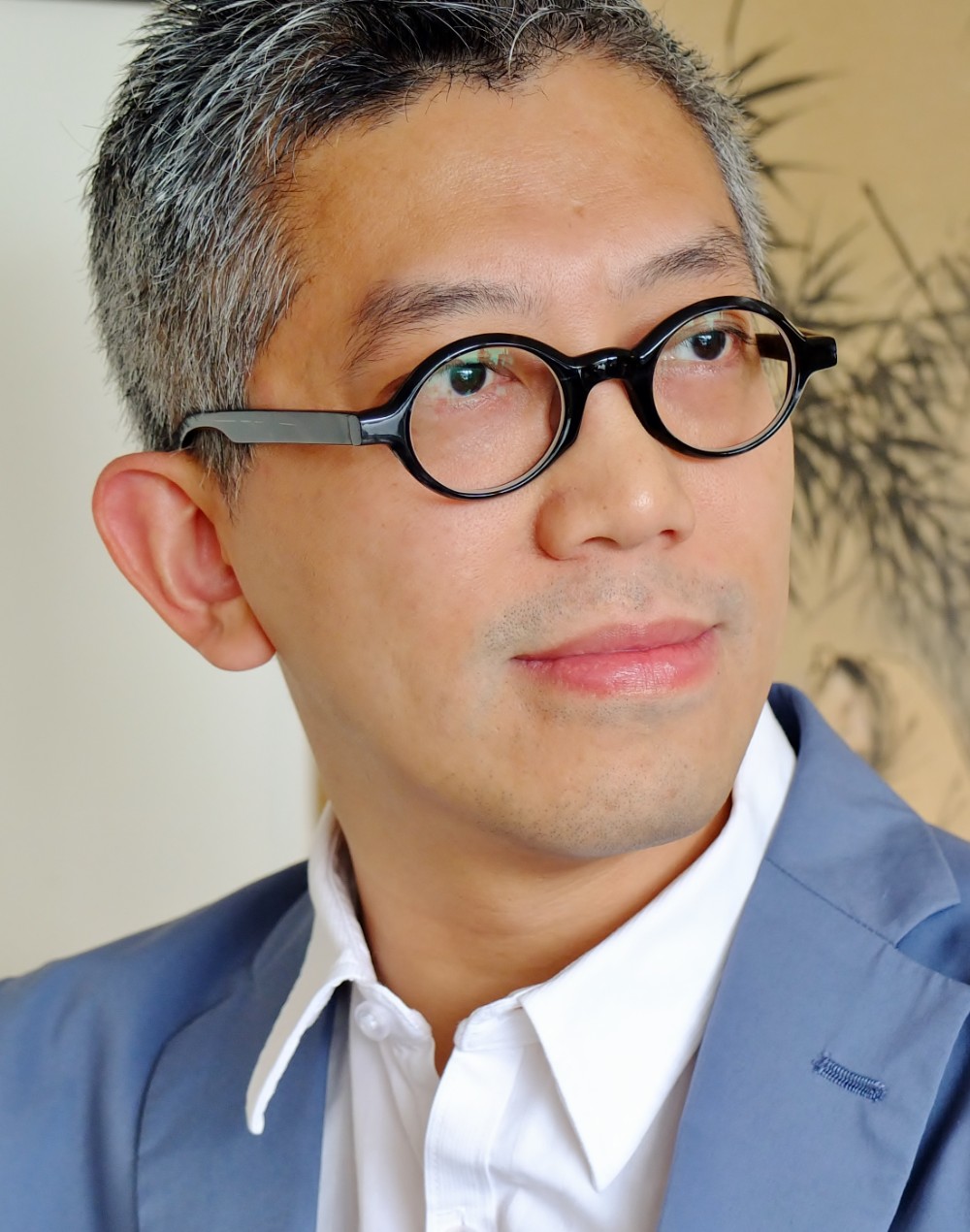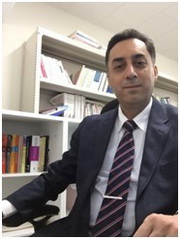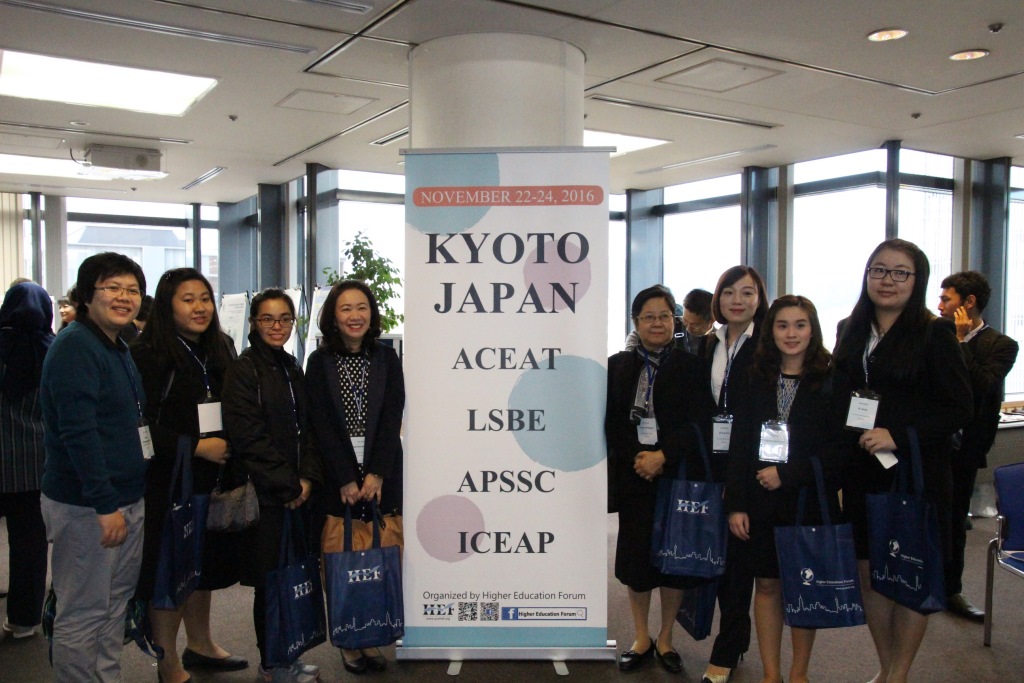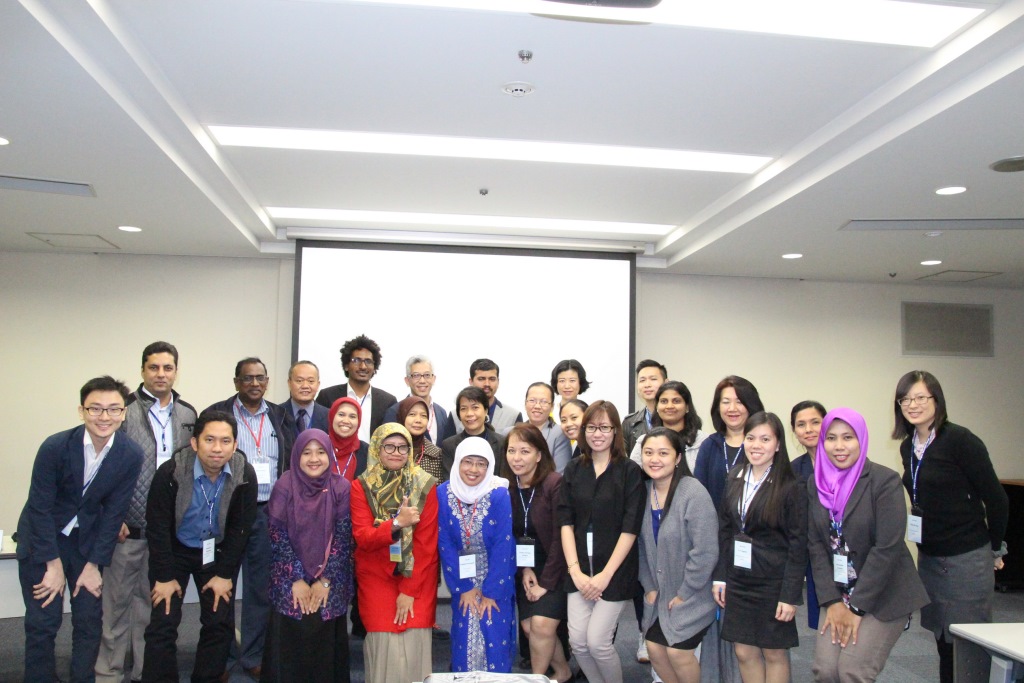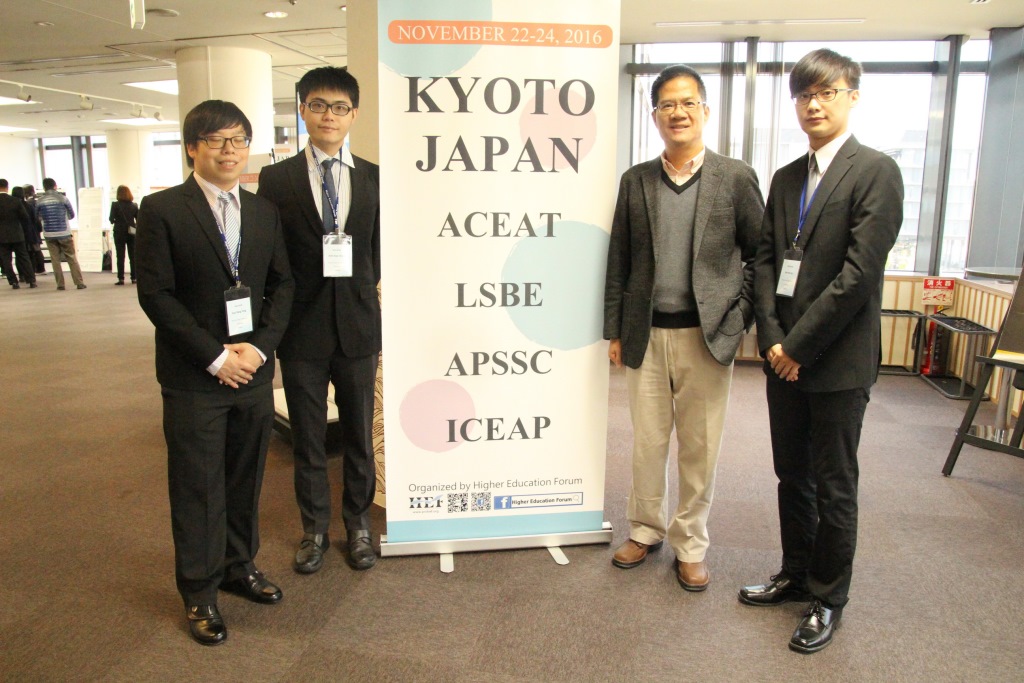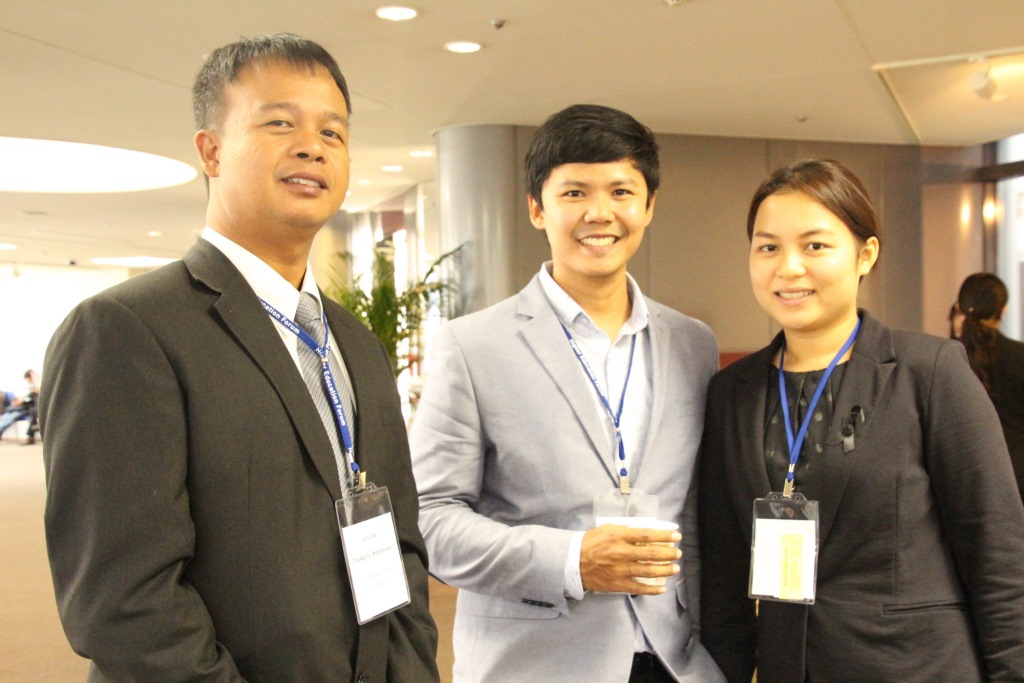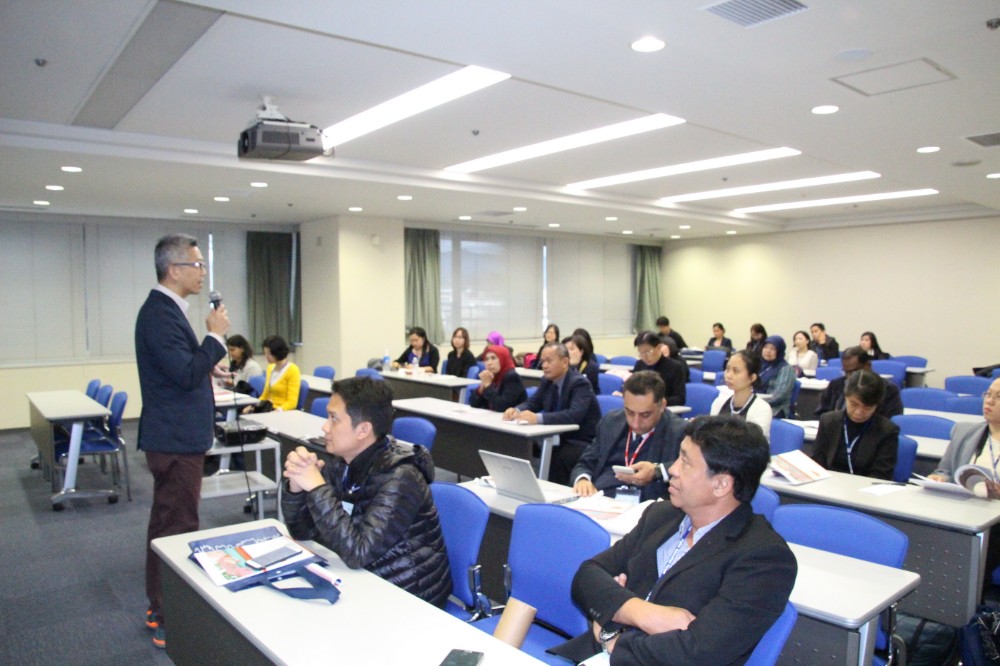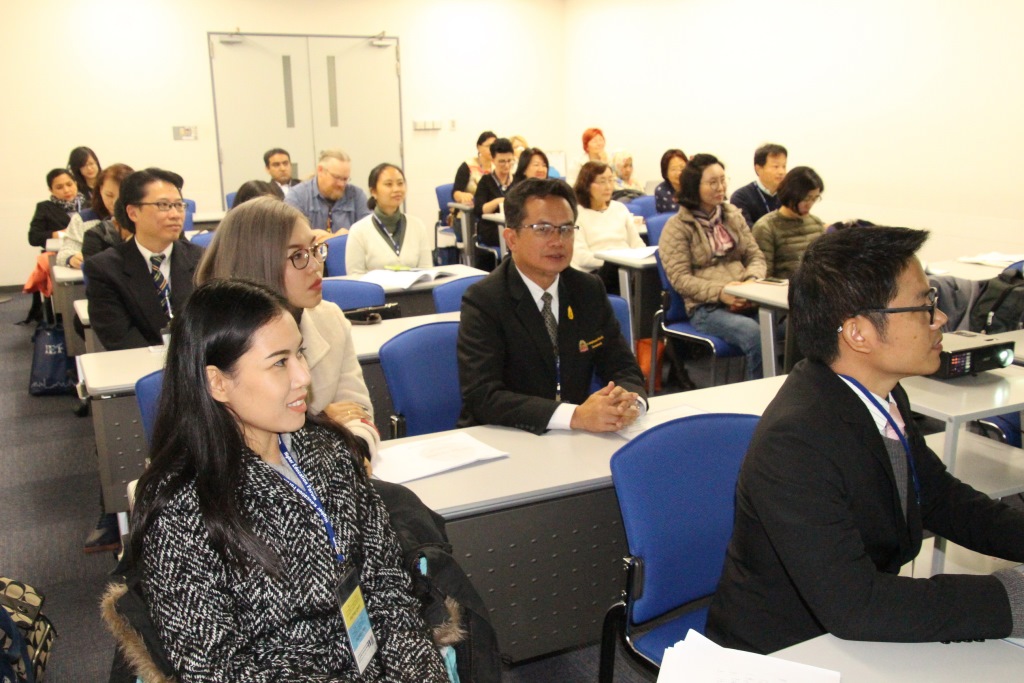2016 ICEAP
International Conference on Education and Psychology
November 22-24, 2016 @ Kyoto Research Park
Keynote Speach
Dr Ricky, Yuk-Kwan Ng
Centre for Learning and Teaching, Vocational Training Council, Hong Kong
Topic: The Production of an Omniscience Learning Space
Articulating the concepts of spatial design, situated learning and technological advancement in a spatial-social approach and framing them into the discourses of Lefebvre’s ‘production of space’, Bourdieu’s ‘habitus’, de Certeau’s ‘practice of everyday life’ and the ‘no walls’, ‘no barriers’ concept of ‘Sans Frontieres’ enabled by technological advancements, this paper asserts that the design of learning spaces and the availability of technologies would generate effective and innovative pedagogical practices and an omniscience learning space to suit learners’ needs. Apparently, architecture and environments in the education institutions are means of intentions, passions and actions to enable learners to immerse, infuse, inspire and inform their learning Ng, 2015). Such places provide a forum and “a focus where we experience meaningful events of our existence … it is in this spatial and social ecology of work… in which organization and their members pursue their interests, accomplish their purpose, communicate, and operate practically” (Kupers, 2010, p.82, c.f. Norberg-Schulz, 1971 and Gorawara-Bhat, 2000). However, learning spaces should complement with learning needs and pedagogical practices rather than merely decorative show cases. Furthermore, with the advances in technology, one of the current trends in learning and teaching is open, online, flexible and mobile learning to blend with face-to-face teaching. In this connection, the concept of ‘no barriers’ and ‘no walls’ makes a significant factor to promote situated and omniscience learning for it further enables a free flow of conversations of what is inside and outside the “walls”. Following this vein, the concept of ‘sans frontieres’ also shed lights to the creation of an omniscience learning space and thus to allow accessibility of open and flexible education to the once segregated underprivileged groups.
Brief Introduction of Lecturer
Dr Ricky, Yuk-Kwan Ng is the Head of the Centre for Learning and Teaching, Vocational Training Council (VTC), Hong Kong. Before joining VTC, Dr Ng taught in The Hong Kong Polytechnic University, City University of Hong Kong and a number of graduate and post-graduate programmes collaborated between local and overseas higher education institutions: School of Visual Arts, New York, U.S.A, Royal Melbourne Institute of Technology, AU, University of Central England, U.K. and Warrick University, U.K. He is one of the conveners of the 28th European Group of Organizational Studies (EGOS) Colloquium in Helsinki 2012, a member of the Scientific Committee, 20th International Conference on Engineering Design (ICED15) on Bovisa Campus, Politechnico Di Milano, Milano 2015. A reviewer of the Journal of Organizational Change Management, Visual Studies, International Journal of Work Organisation and Emotion and numerous conferences, he contributes extensively to the academic sector and has over 40 academic papers presented in Europe and Asia’s international conferences as well as a number of publications in journals and book chapters. Dr Ng is the principal investigator of a $21 million Hong Kong dollars Cross-Institutional e-Learning Project granted by the Education Bureau of Hong Kong; he also holds a numbers of millions of dollars projects related to learning and teaching in VTC. His research interests are in pedagogies in vocational and professional education and training (VPET), staff training and development in higher education institutions, workspace personalization in organizational studies and photo-ethnography.
Welcome Message from Local Host
Hooman Farzaneh
Jr. Associate Professor
Institute of Advanced Energy
Kyoto University, Japan
Dear scholars and friends,
I would like to extend a very warm welcome to all of you to the Kyoto Joint Conference which will be held on 22-24 November, 2016 in Kyoto, Japan. The conference will bring together scientists from all over the world to exchange new ideas, recent results, and future perspectives in all aspects of science and engineering. The program will include keynote lectures by distinguished researchers as well as ample space for young researchers to present their works.
Kyoto is a very fitting venue to host “Kyoto Joint Conference”, being of course the spiritual and cultural capital of Japan. Kyoto is the heart of Japan and a city with over a millennium of history. More than one million tourists visit Kyoto each year. There are 17 UNESCO World Heritage sites in Kyoto, which was the former capital for 1000 years (794 to 1869) during which time many major temples, important shrines and imperial palaces were built there. Thus, attendees of this joint conference will be able to enjoy a very unique blend of tradition and culture in this city along with the hospitality of its citizens in a safe, comfortable environment, all of which make it a very appealing destination.
I sincerely hope you will enjoy your stay in Kyoto and bring home lots of experiences and knowledge from this conference.

